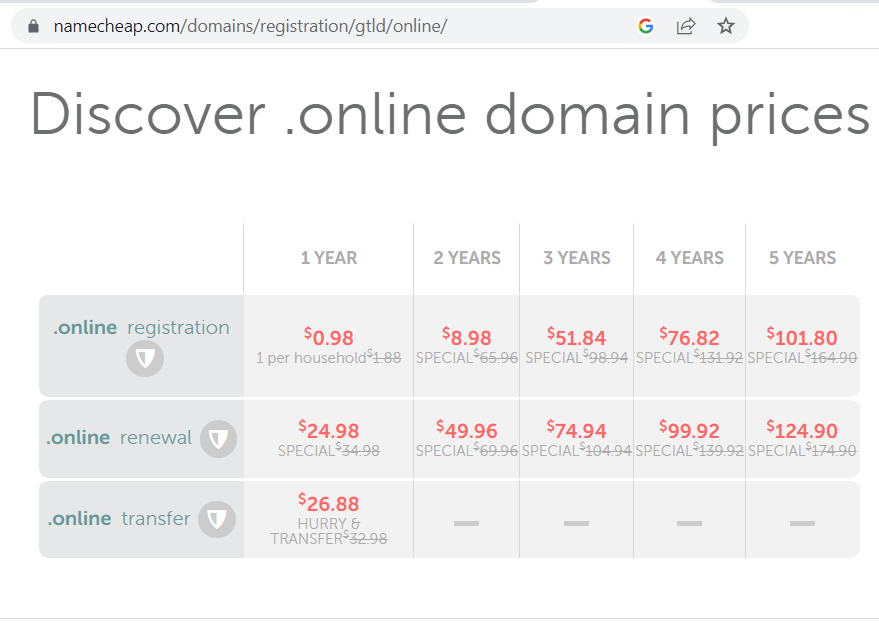Domain Registration Transfer Cost: What You Need to Know
Transferring a domain name from one registrar to another can be a daunting task, especially if you’re unfamiliar with the process. One of the key factors to consider when making this decision is the cost associated with the domain registration transfer. In this article, we’ll break down everything you need to know about domain registration transfer costs.
What Is a Domain Registration Transfer?
Before we delve into the cost aspect, let’s first understand what domain registration transfer entails. When you transfer a domain name, you are essentially moving the management of that domain from one domain registrar to another. This process involves updating the domain’s registration records to reflect the new registrar’s information.
Factors that Influence Domain Transfer Costs
Several factors can impact the cost of transferring a domain name. Some of the key factors to consider include:
- Registrar Fees: The new registrar may charge a fee for processing the domain transfer.
- Domain Extension: The cost of transferring a domain can vary depending on the domain extension (.com, .net, .org, etc.). Some domain extensions may have higher transfer fees than others.
- Domain Age: Older domains may incur additional fees when transferring to a new registrar.
- Privacy Protection: If you have privacy protection enabled for your domain, you may need to pay an additional fee to transfer this protection to the new registrar.
Typical Domain Transfer Costs
While the cost of transferring a domain can vary, there are some typical fees you can expect to encounter. On average, domain transfer costs can range from $10 to $20, not including any additional fees for privacy protection or domain extension-specific charges.
How to Minimize Domain Transfer Costs
If you’re looking to transfer your domain without breaking the bank, there are a few strategies you can employ to minimize costs:
- Compare Registrar Fees: Before initiating a domain transfer, compare the fees charged by different registrars to find the most cost-effective option.
- Renew Domain Registration: Consider renewing your domain registration before transferring it to avoid any additional fees associated with an expired domain.
- Bundle Services: Some registrars offer discounts for transferring multiple domains or bundling services like hosting and domain registration.
Final Thoughts
Transferring a domain name can be a straightforward process, but it’s essential to consider the cost implications before making any decisions. By understanding the factors that influence domain transfer costs and employing cost-saving strategies, you can ensure a smooth and affordable domain transfer experience.
